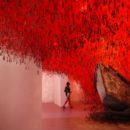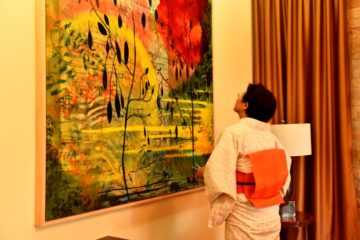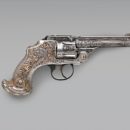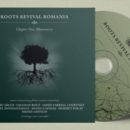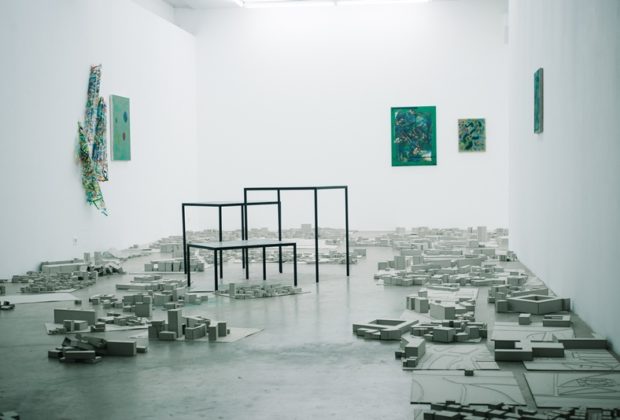
Paintbrush Factory
Street Henri Barbusse 59-61 in Cluj-Napoca has become for some years a milestone of Romanian contemporary art. This is the location of the Paintbrush Factory – a wide concept, an unconventional cultural space, a place where all the current important artistic efforts gather around. The success of this enthusiastic initiative was presented in New York Times and Huffington Post.
Cluj is the second Romanian city in terms of importance and one of the most creative centers, with an exceptional artistic school represented by renowned contemporary artists such as Adrian Ghenie, Victor Man or Marius Bercea. Paintbrush Factory has turned Cluj into an artistic hub and has become the most important cultural brand; it had occupied the third place of the 12 cities which define 21st century artistic vanguard, as per Art Cities of the Future: Avant-Gardes of the 21st Century, published by Phaidon in 2013.
The simple name carries on in fact the artistic connotation of the space which was revitalized after a few years since the factory`s bankruptcy in 2000. This doesn`t seem surprising at all, as we live I a country where the production is collapsing or it is buried by the speed and the force of the Asian market development.
The practice of taking back industrial spaces or empty, unused areas is a common practice in the international environment of contemporary art; it is a model that produced some successful projects and offered the opportunity to some important artists of rising from the ranks. In the Western countries, the process to recover and to reintegrate the abandoned areas into the international contemporary art landscape is a common practice and a model that produced many successful projects and provided the opportunity for some important artists to rise. In the Western countries, recovering abandoned areas and reintegrating them into the city`s live body is a frequent urban cultural process. The modern and contemporary times are trying to bring art in the middle of the public at large; art is a form of cultural expression that should be accessible to as many people as possible. Therefore, unlike the past centuries, when art was exclusively elitist, only for the church and the aristocracy, nowadays it has more and more popular and accessible forms. Art is shifting from the walls of museums and galleries directly into open air, in public, industrial and unconventional spaces.
Paintbrush Factory in Cluj is such a place – from an industrial production facility that was making professional painting brushes it was transformed at the beginning of 2009 into a multi-disciplinary center, when a group of artists, curators and intellectuals in Cluj, got together as a non-profit federation and took over the space to revitalize it and give it back to the community.
In Romania, this successful metamorphosis project has no competitor. Today, the center has more than 2.500 functional square meters; it represents over 40 contemporary artists, several art galleries, concert rooms and active cultural organization in the field of visual arts, contemporary dance, theater and music.
The founders of Paintbrush Factory are some of the most active contemporary artists and curators: Adrian Ghenie, Rarița Zbranca, Miki Braniște, Diana Marincu, Mihai Pop, Ciprian Mureșan, Corina Bucea and Istvan Szakats. The impulse they provided received immediate response and shortly the project was embraced, supported and enriched by many professionals. The most important galleries in Cluj have opened here, also artist workshops and in particular an articulate program of supported and constant activities confirmed the new status of the Factory. The individual efforts of each member echoed and the phenomenon developed and lead towards practicing all the common objectives.
——————————————————————————————————————————–
Continue reading in The Art of Living no. 16, an issue dedicated to contemporary art. DOWNLOAD


